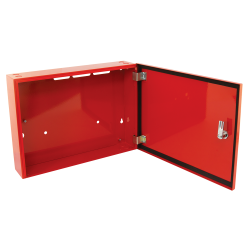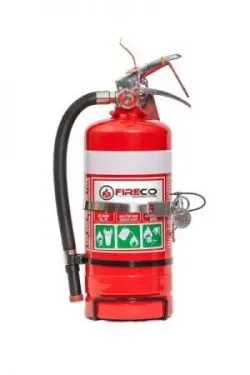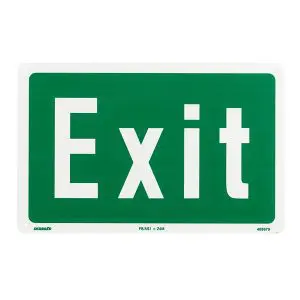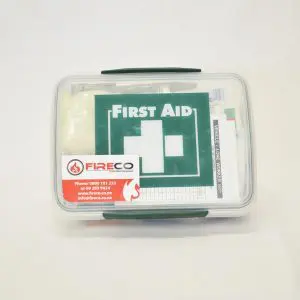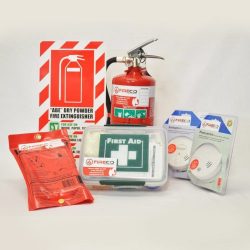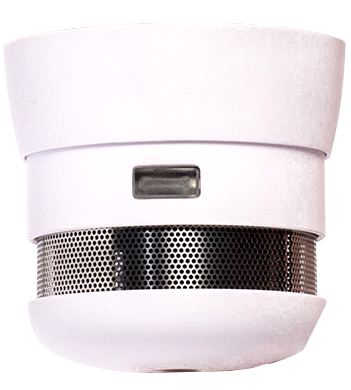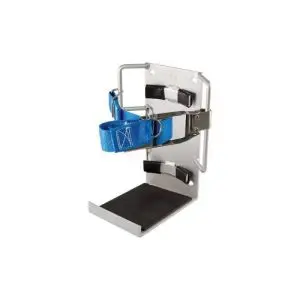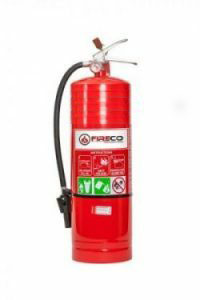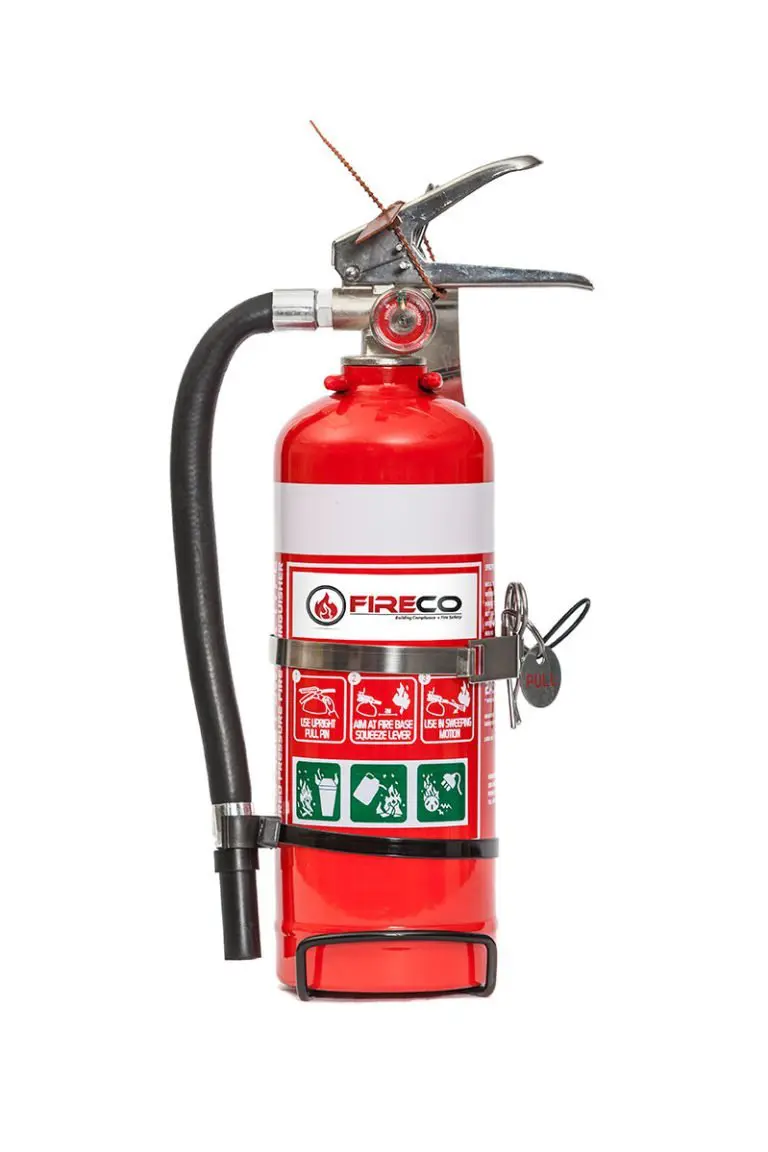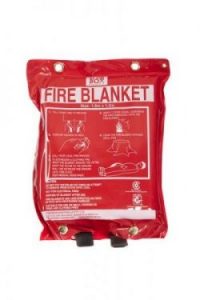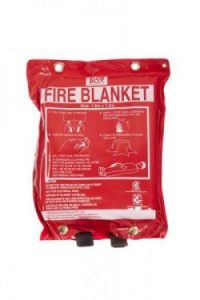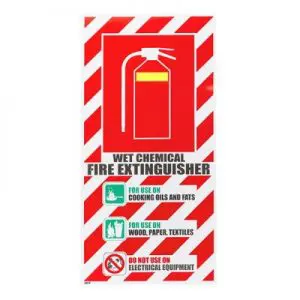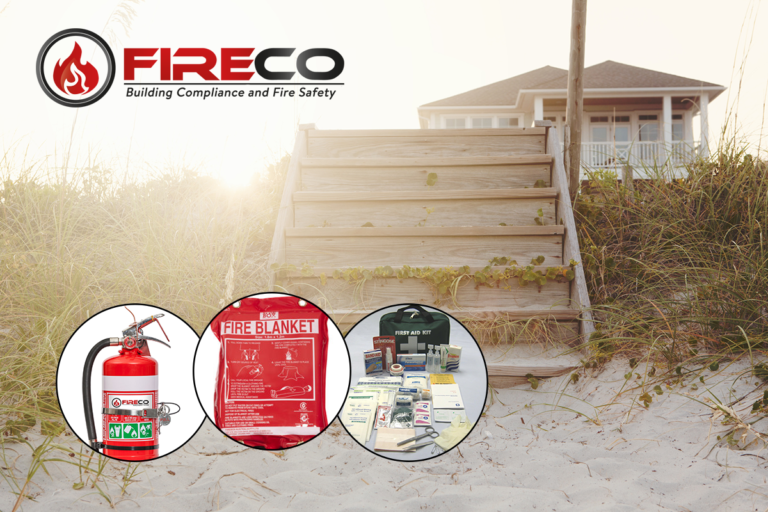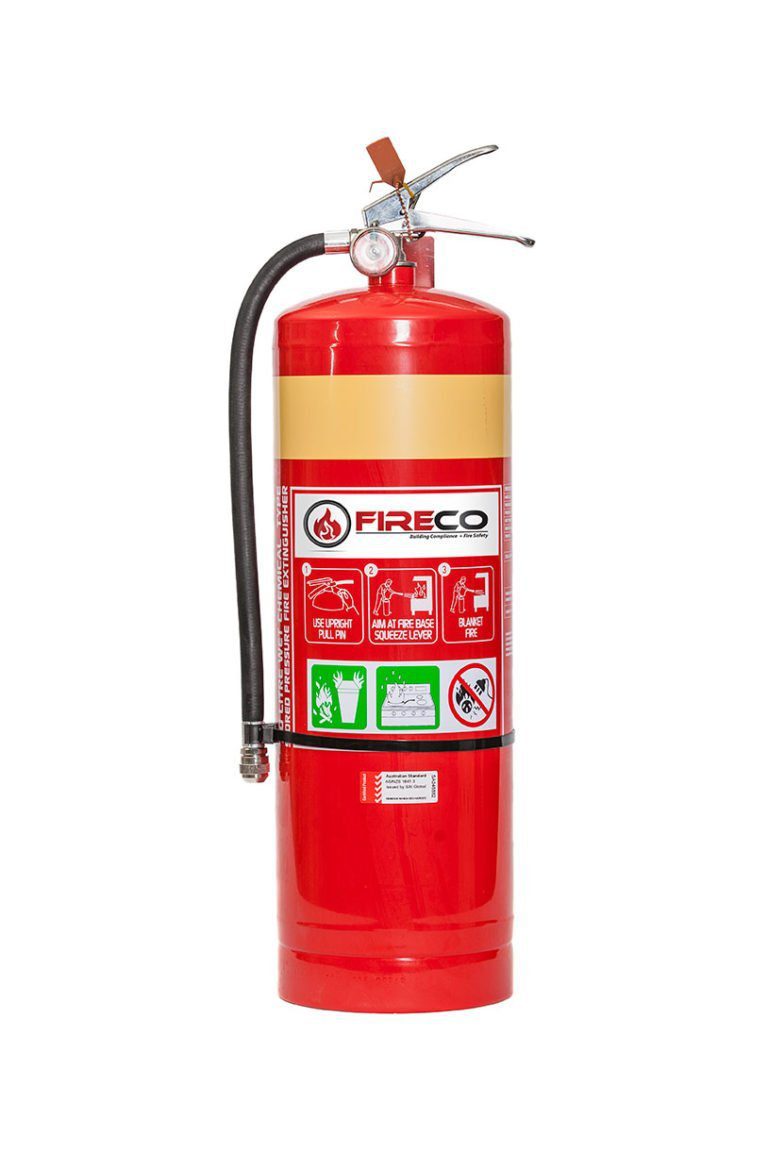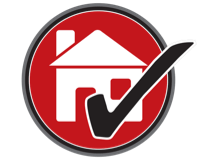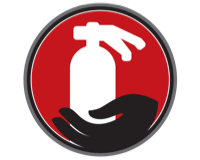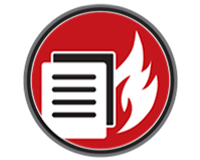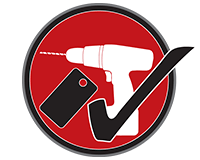Commercial & Residential Property have different requirements,here’s how you can determine,who’s responsible for the equipment that may end up saving your life.

Commercial Property
In general the landlord maintains the systems specified on a building’s Compliance Schedule. These are generally life saving systems like fire-alarms hardwired to the main electrics of the building, sprinkler systems, automatic doors, back-flow preventers to name a few. Under certain circumstances, the landlord may adapt the lease that the responsibility of maintenance cost is passed to the tenant or an agent he employs. It is important to know, that handheld fire safety equipment is NOT a specified system and is therefore NOT a requirement by the landlord for a building to be warranted as “fit” for occupation.
- IMPORTANT NOTE
Not all buildings have a warrant of fitness
Health & Safety At Work requirements are specified, based on the business’ unique risk factors & remains the responsibility of the business owner, unless otherwise specified in the lease.
There are particular specification regarding the installation of workplace equipment, call us for a NO-obligation free quote.
It is advised that the business owner/manager seeks advice regarding the sufficient requirement for handheld fire safety equipment for their particular business.
Fireco Installed equipment is serviced in accordance to NZ and manufacturer’s standards and recorded. We encourage using our service and also issue a Compliance certificate confirming your participation in equipment maintenance NZS4503:2005
This proves your commitment to fire safety business practice.
IMPORTANT !!!
No business operation is too small to have basic fire fighting equipment. If it takes a fire brigade 7-10 minutes to respond to a local fire, and a fire doubles in size every 30 seconds, you could have halted or suppressed a fire completely – If you have the equipment. It’s a no-brainer really.
Conclusion: Who pays ? = Business owner (Unless landlord agrees to)

Residential Property
It has not yet become compulsory for landlords to install handheld fire-fighting equipment in rental properties like the ACT has been amended for Smoke alarms. It is in the best interest of the occupant to protect whatever is dear to them by having a serviceable fire extinguisher or two in case of an emergency. Some landlords may be open to sponsoring an extinguisher as they also have a risk when the property is occupied.
- IMPORTANT NOTE
- Ask the landlord or property manager to provide an extinguisher for the home as part of your fire safety plan.
- If they decline, get one for yourself and have it mounted close to an exit If there is one in the property, check for a yellow tag marking it’s last service date, if the date is longer than 12 months, contact someone like Fireco urgently. This is important to assure it’s fitness & maximize the lifespan of the extinguisher.
- Check your Smoke alarms and let us know if you need help installing or replacing those.
Have a home fire-evacuation plan.


